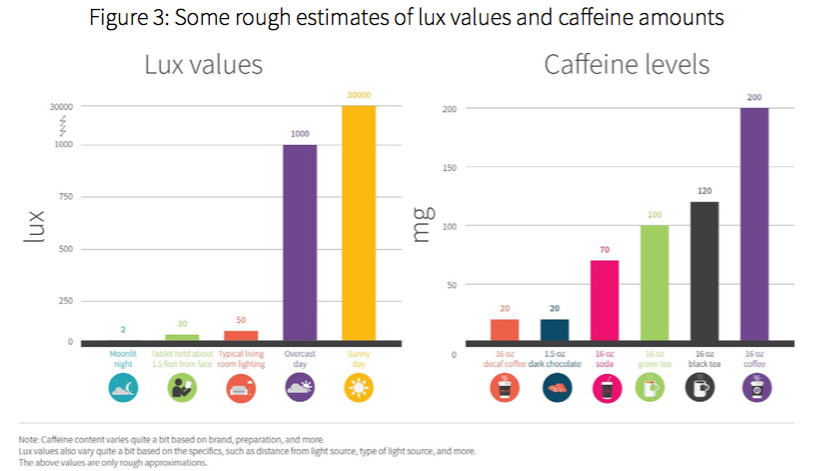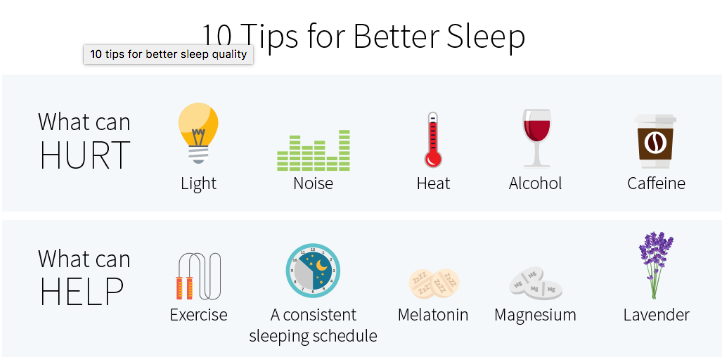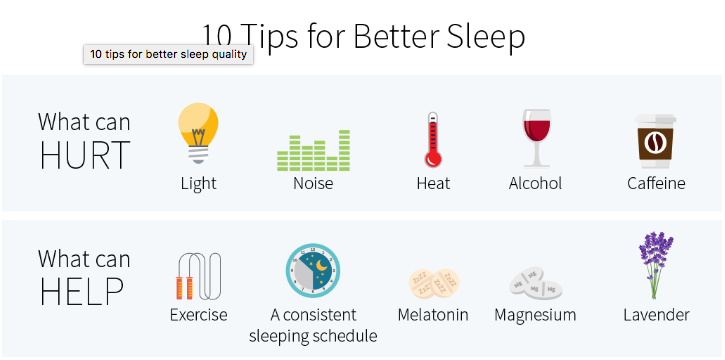How to Improve Your SLEEP!

The current study covers caffeine and shows that it can influence the circadian clocks of individuals when consumed three hours before bed.
Moreover, the study shows that these effects occur on a cellular level but are subject to individual differences in caffeine metabolism.
Other research has supported these findings by showing that caffeinated tea and coffee beverages consumed throughout the day had a dose-dependent negative effect on the time it takes to fall asleep, the time spent sleeping, and sleep quality.
How can you maximize your sleep quality?
As we just learned, avoid blue light and caffeine close to bedtime to maximize sleep quality. This sounds simpler than it is in reality, as few people turn off all computers, tablets, and light bulbs at night (the light output of some of these sources is shown in Figure).
If you have a dimmer for a light switch, that can come in handy. If you really, really want to reduce or eliminate blue light exposure and improve circadian rhythms, blue light blocking glasses are an option with research backing.
A quiet environment also helps, as loud noises can disrupt sleep even if the sleeper doesn’t wake up. Establishing a habitual bedtime can reduce the time it takes to fall asleep.
As a last resort, there are also supplemental options. Melatonin is probably the most popular option and is safe for daily use. Lemon balm is another option.

Reference:
– Examine ERD issue 13
– http://www.ncbi.nlm.nih.gov/pubmed/26378246
– http://examine.com/supplements/Melatonin/
– http://examine.com/supplements/Melissa+officinalis/

